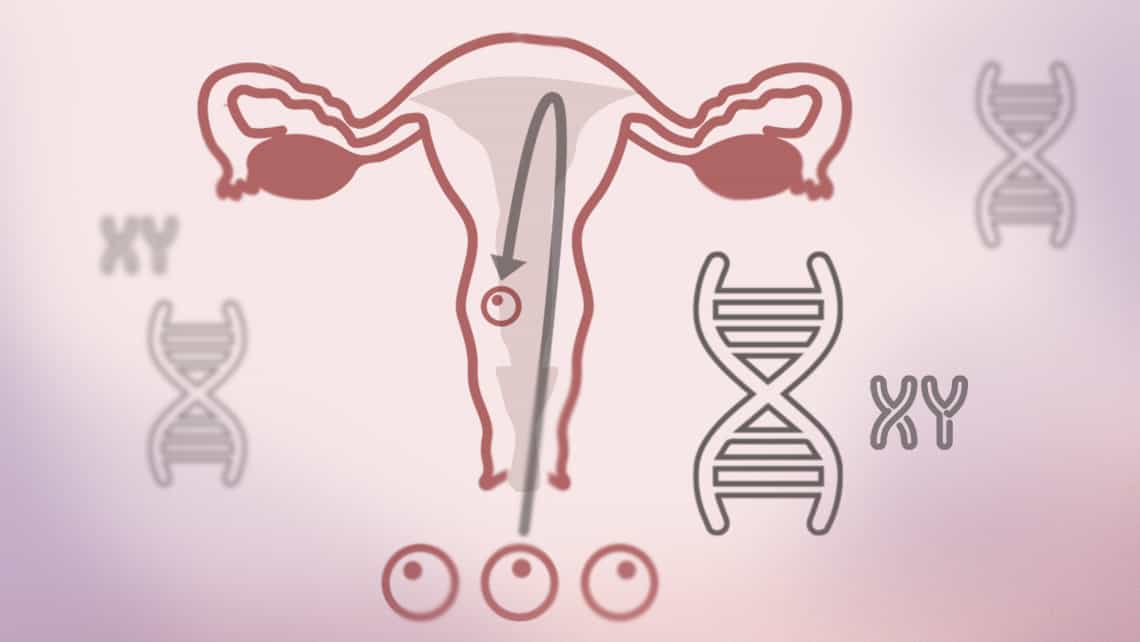
Chromosomal alterations in repeated miscarriages
Couples who get pregnant, either naturally or through assisted reproductive techniques, are especially worried about the successful outcome of the pregnancy.
Unfortunately, some pregnancies end in miscarriage or fetal loss in the week 20 of pregnancy, when the fetus is not able to survive outside of the maternal uterus.
When a couple suffers 2 or more miscarriages in a row, we refer to repeated miscarriages, which affect 5% of couples trying to conceive.
Causes
In 60% of repeated miscarriage cases the cause can be identified and it may be due to:
- Hormonal alterations (ex: diabetes or thyroid alteration).
- Uterine abnormailities (ex: uterine septum).
- Immune system alteration (ex: antibodies that destroy thyroids).
- Chromosomal abnormalities represent the main cause in most repeated miscarriage cases. Most of them are numeric abnormalities, such as:
- Trisomies (presence of 3 copies of a specific chromosome).
- Polyploids (presence of more tan 2 copies of all chromosomes).
- Monosomies X (presence of just one chromosome X).
To identify a chromosomal alteration in just one miscarriage could be by chance and may not occur in future pregnancies. This is emotionally significant for the couple as it helps them to get over the loss and try again.
In fact, in recent research conducted at Instituto Bernabeu, it was noticed that in couples coming to our center with repeated miscarriages, their problems are frequently associated to NON-chromosomal factors, such as uterine, hormonal or immune, etc.
Due to the complexity of this pathology, to provide the appropriate reproductive advice and treatment to couples with repeated miscarriages, Instituto Bernabeu offers a specific unit for the diagnosis and treatment of repeated miscarriage and implantation failure. This unit is formed by a multidisciplinary team that studies each case and develops individualized protocols to achieve a successful pregnancy and healthy child at home.
MORE RELATED INFORMATION:
- Implantation failure and repeated miscarriage. Treatment options
- Usefulness of Comprehensive Chromosomal Screening (CCS) in Recurrent Miscarriages
- Reproductive Immunology: What it is, causes, treatment and how it can affect the achievement of pregnancy
Dr. Ruth Morales, molecular biologist at Instituto Bernabeu.
